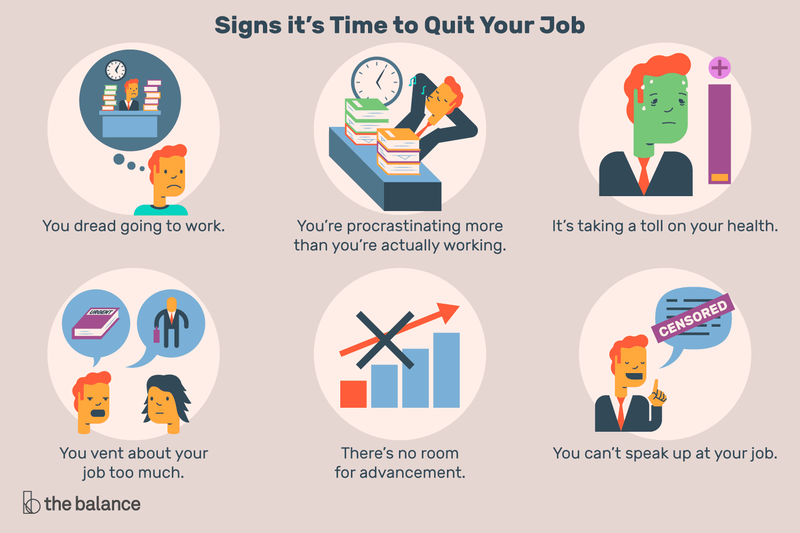Navigating the workplace can sometimes feel like deciphering a code, especially when your boss might be hinting at wanting you to leave. Understanding these subtle signs can help you make informed decisions about your career path.
1. Unusually High Workload

Overwhelmed by an increasingly large workload? It might not be just a coincidence. Sometimes, bosses push employees to the brink in hopes they will crumble under pressure.
High expectations, unreasonable deadlines, and relentless tasks can signal a desire for you to resign. If you find yourself drowning in work without support, it might be a strategic move to encourage you to leave.
In most healthy work environments, workloads are balanced. If you feel like you’re singled out, it’s crucial to assess the situation. Reflect on whether this is sustainable and fair.
2. Exclusion from Meetings

Being left out can sting, especially in a professional setting. If you notice you’re no longer invited to key meetings, it might mean something deeper.
Exclusion from important discussions suggests your input is no longer valued. This can be a sign your boss wants you to quit.
Meetings are where decisions are made and voices heard. Being excluded is not just about missing information but being sidelined. It’s a nudge towards feeling irrelevant and considering other job options.
3. Limited Communication

Silence speaks volumes. If communication with your boss has dwindled, take notice. Whether through fewer emails, calls, or in-person chats, limited interaction can suggest a change in priorities.
A shrinking dialogue might indicate your boss is shifting focus away from you.
This lack of communication can feel isolating. When you’re not kept in the loop, it reflects on your importance within the team. Assess if this is a temporary phase or a deliberate move to encourage your departure.
4. Negative Performance Reviews

Receiving negative feedback can be discouraging, but consistent bad reviews might be more than constructive criticism.
If your boss offers no clear path for improvement, it might be a subtle hint for you to pack your bags.
Performance reviews should guide growth, not demoralize. When feedback lacks substance and support, question its intent. Continuous negative reviews without support can be a strategy to diminish your morale and push you out.
5. Reduction in Responsibilities

Have your responsibilities been mysteriously reduced or reallocated? This might not be a coincidence.
When a boss wants you to quit, they might minimize your role to make you feel insignificant.
Less responsibility often equals less value perceived. If new projects bypass you or tasks are reassigned without explanation, it might be a tactic to edge you out. It’s crucial to recognize the difference between temporary shifts and strategic reductions.
6. Lack of Recognition

Recognition can be a powerful motivator, and its absence can be equally demoralizing.
Being overlooked for achievements, even small ones, can suggest your boss sees no future for you in the company.
Acknowledgment is crucial for morale. If accolades are reserved for others and your contributions go unnoticed, it might be strategic. Lack of praise can lead one to question their worth and contemplate leaving.
7. Poor Office Location

Location, location, location. If your workspace has been downgraded to a less desirable spot, take note.
Being moved to a cramped or undesirable location within the office can be a subtle hint.
A poor office location can make your workday unpleasant, nudging you to consider other opportunities. It’s often more than just a logistical choice; it’s about signaling status within the organization.
8. Exclusion from Social Events

Missing out on social gatherings? It might not be an oversight.
Social events foster team spirit and inclusion. Being left out can indicate you’re no longer part of the inner circle.
Exclusion might be a deliberate attempt to distance you from team dynamics, encouraging feelings of isolation and thoughts of leaving. It’s important to distinguish between occasional misses and consistent patterns.
9. No Opportunities for Advancement

Feeling stuck on the corporate ladder? Lack of growth opportunities can be a subtle hint.
If promotions and advancements seem to pass you by without explanation, it might be a strategic push.
Career stagnation can lead to dissatisfaction. When no clear path for growth is provided, it might mean your boss is subtly encouraging you to find new horizons. Consider if staying aligns with your career goals.
10. Micromanagement

Do you feel watched all the time? Micromanagement can be more than just a management style; it can be oppressive.
Constant oversight and lack of autonomy might be designed to frustrate.
When every move is monitored, it can lead to feelings of inadequacy and stress. This approach might be a tactic to make you uncomfortable enough to leave, even if unintentionally. Evaluate whether this level of scrutiny is normal or a ploy.

